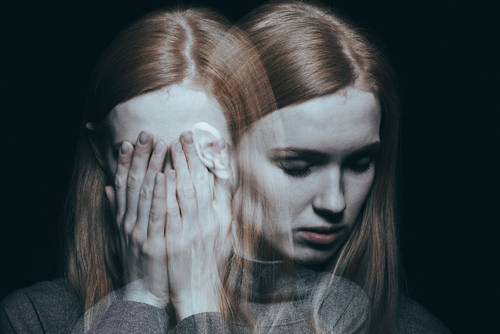Dialectical behavior therapy (DBT) is a form of psychotherapy that is derived from cognitive behavioral therapy (CBT). Marsha M. Linehan developed DBT in the late 1980s as a means to better treat suicidal individuals diagnosed with borderline personality disorder (BPD). DBT is founded on the CBT approach, but DBT places greater emphasis on the psychosocial aspect of treatment. Dialectical behavior therapy is made up of three distinct therapeutic settings, which include: weekly group DBT skills sessions, weekly individual psychotherapy sessions, and phone coaching. The DBT group skills sessions focus on different modules in the following four areas:
- Core mindfulness: focusing skills
- Distress tolerance: crisis survival skills
- Emotion regulation: de-escalation skills
- Interpersonal effectiveness: relationship/ people skills
The individual therapy sessions provide one-on-one attention to help the person go over skills learned in the group sessions. It enables an individual to further explore and dissect how the processes of implementing the skills has been effective throughout the week as well as identify areas that may need further attention. Phone coaching is available as support between sessions should crisis arise. Although DBT was originally developed to treat individuals diagnosed with borderline personality disorder, evidence has shown it to be a successful treatment method for individuals diagnosed with other mental health ailments, including bipolar disorder. The goals of the DBT approach are to provide individuals with new skills to effectively manage painful and difficult emotions and to minimize conflict in relationships.
Bipolar Disorder
Bipolar disorder was formerly referred to as manic-depressive disorder or manic depression. It is currently listed in the Diagnostic and Statistical Manual of Mental Disorders, Fifth Edition (DSM-5) as a chronic mental health illness. It is characterized by extreme mood swings that include mania or hypomania (emotional highs) and depression (emotional lows). Although bipolar disorder can manifest at any age, it is most commonly diagnosed in teenagers and young adults. The symptoms and severity of symptoms will vary from person to person and may shift over time. It is important to note, that despite the mood extremes, individuals with bipolar disorder often do not recognize the severity and pervasive disruption their emotional instability causes in their own lives as well as in the lives of their loved ones.
Treatment
There are an array of treatment options for individuals diagnosed with bipolar disorder. Every individual is different and will require a somewhat distinct treatment plan, which can comprise of a variety of therapeutic methods. While DBT has become the gold standard for treating individuals diagnosed with borderline personality disorder, it has also been effective in treating people diagnosed with bipolar disorder. An individual’s treatment plan could consist of any single method or combination of the following therapeutic modalities, as suggested by the Mayo Clinic:
- Cognitive behavioral therapy (CBT): focuses on challenging and changing unhelpful cognitive distortions and behaviors, improving emotional regulation, and developing personal coping strategies to problem solve effectively.
- Interpersonal and social rhythm therapy (IPSRT): focuses on helping individuals “improve their moods by understanding and working with their biological and social rhythms.”
- Dialectical behavior therapy (DBT)
- Medication: different medications may be prescribed to individuals to supplement psychotherapy, including: mood stabilizers, antidepressants, antipsychotics, anti-anxiety medications, and antidepressant-antipsychotic medications.
Depending on the needs of the individual, his or her treatment plan could also include creative arts therapies as well as focusing on a variety of self-care practices and the development of healthy daily habits, including maintaining a nutritious diet, engaging in regular exercise, obtaining ample nightly sleep, and integrating relaxation tools (e.g. yoga, meditation, etc.). Although bipolar disorder is a life-long disease, with proper treatment and continued support an individual can go on to lead a healthy and fulfilling life.




